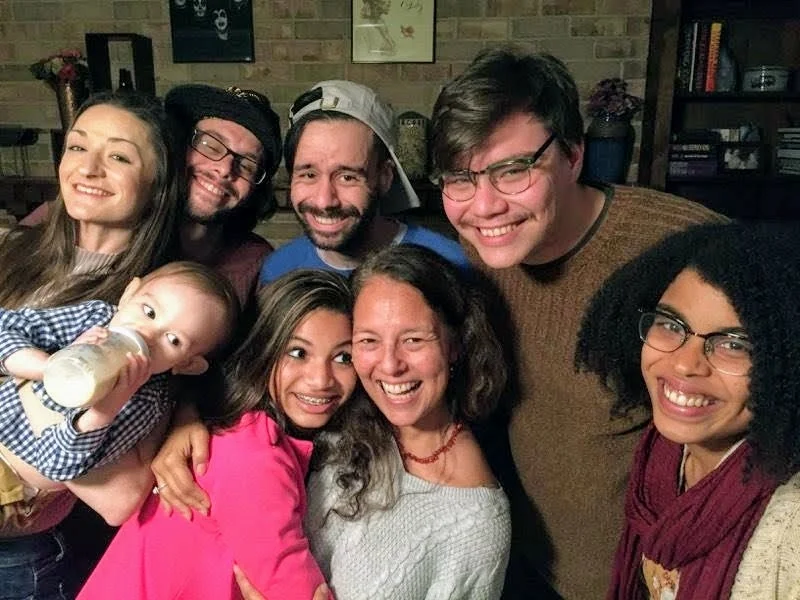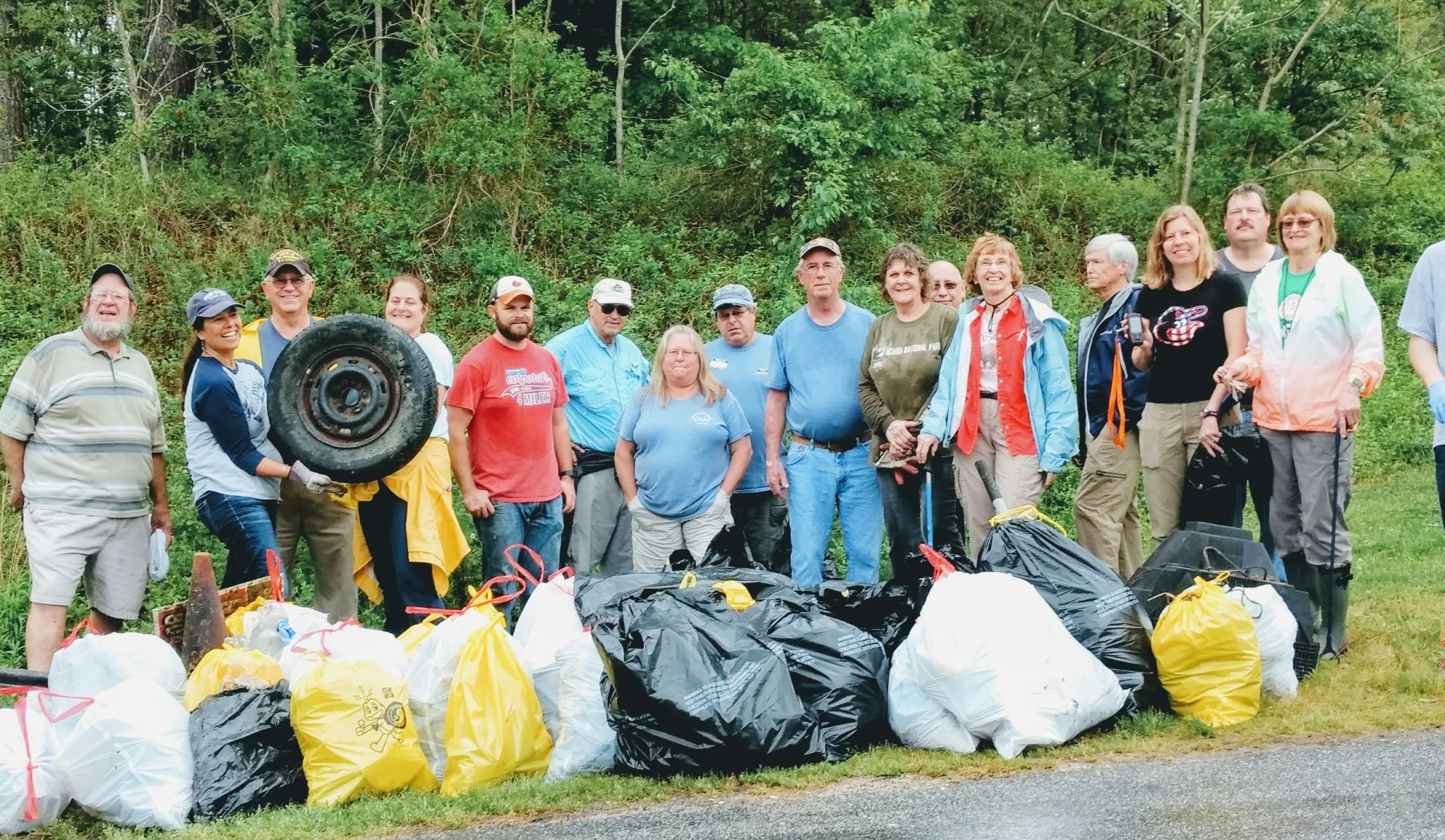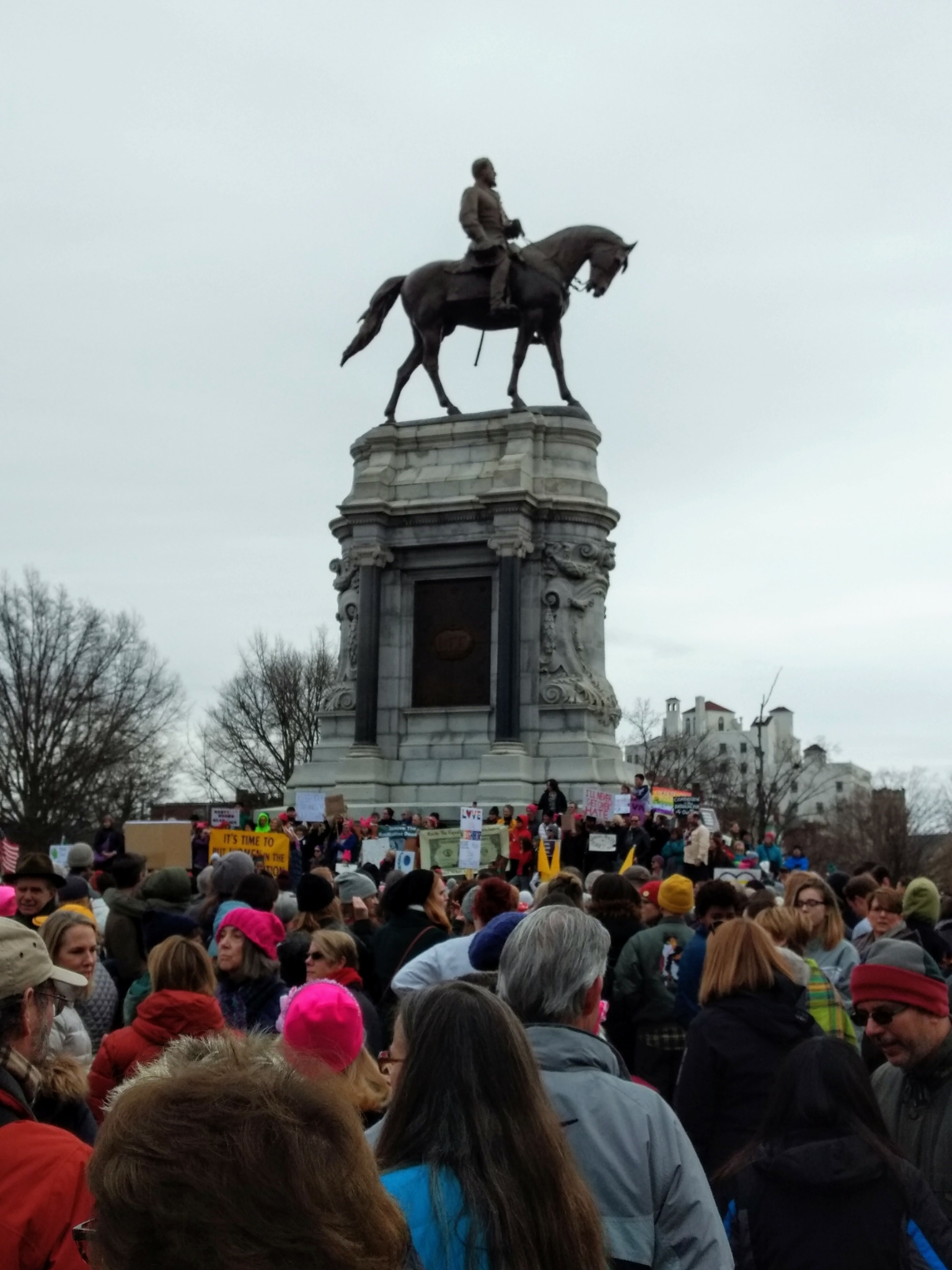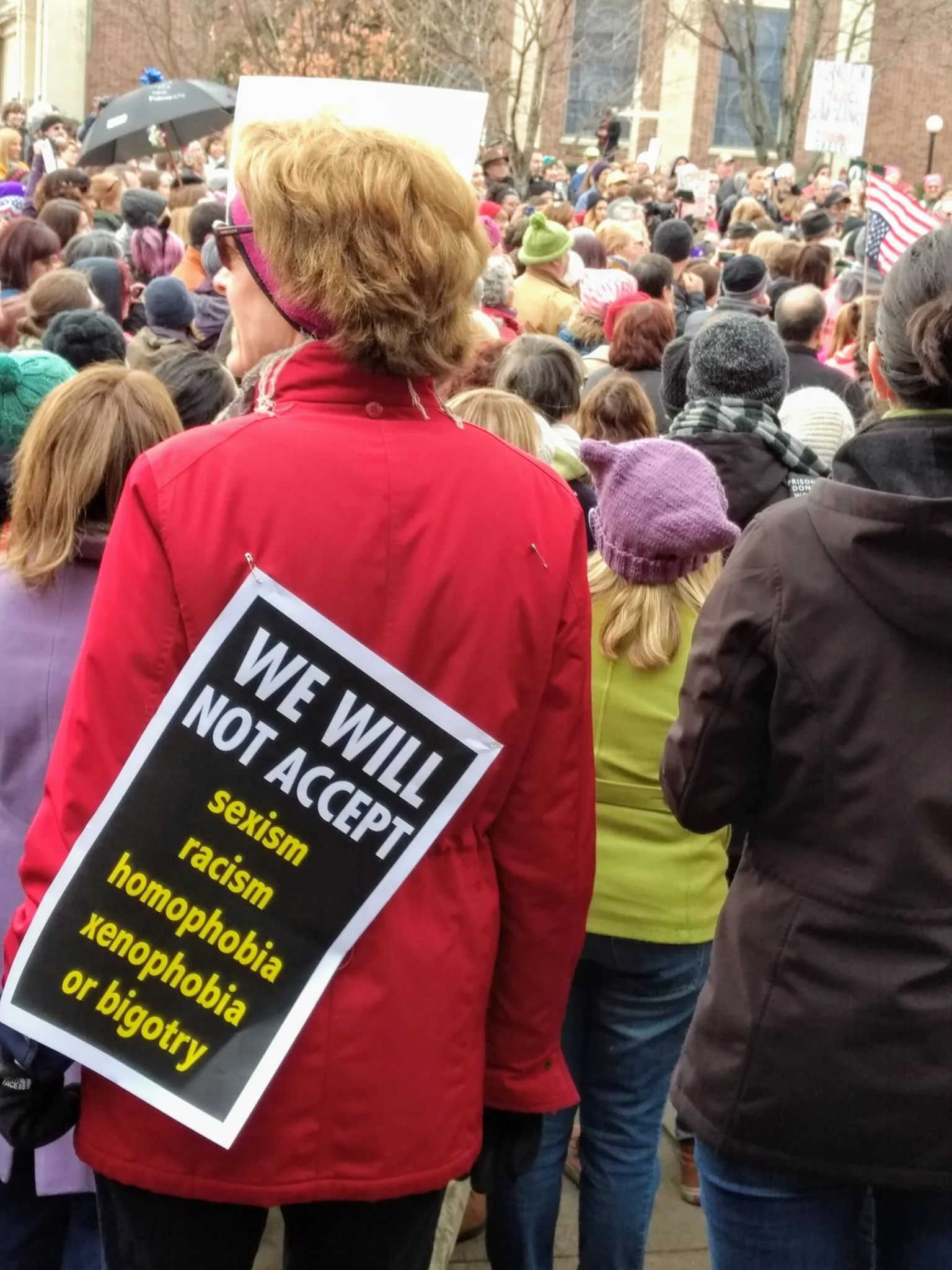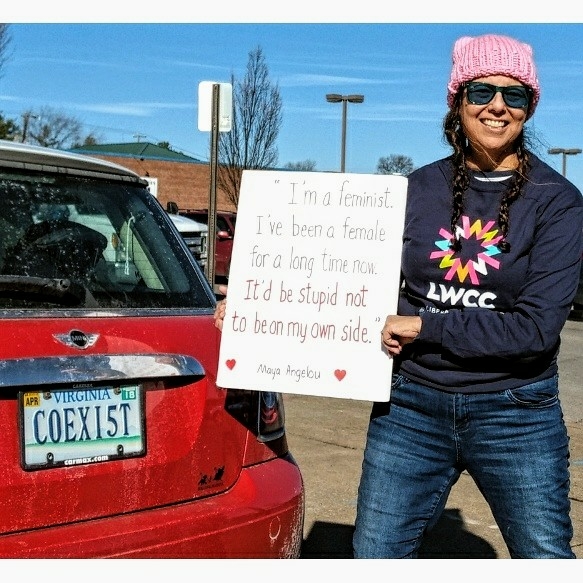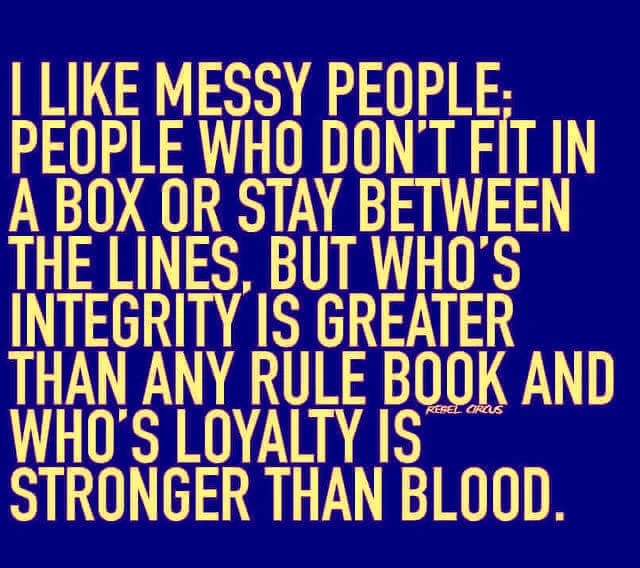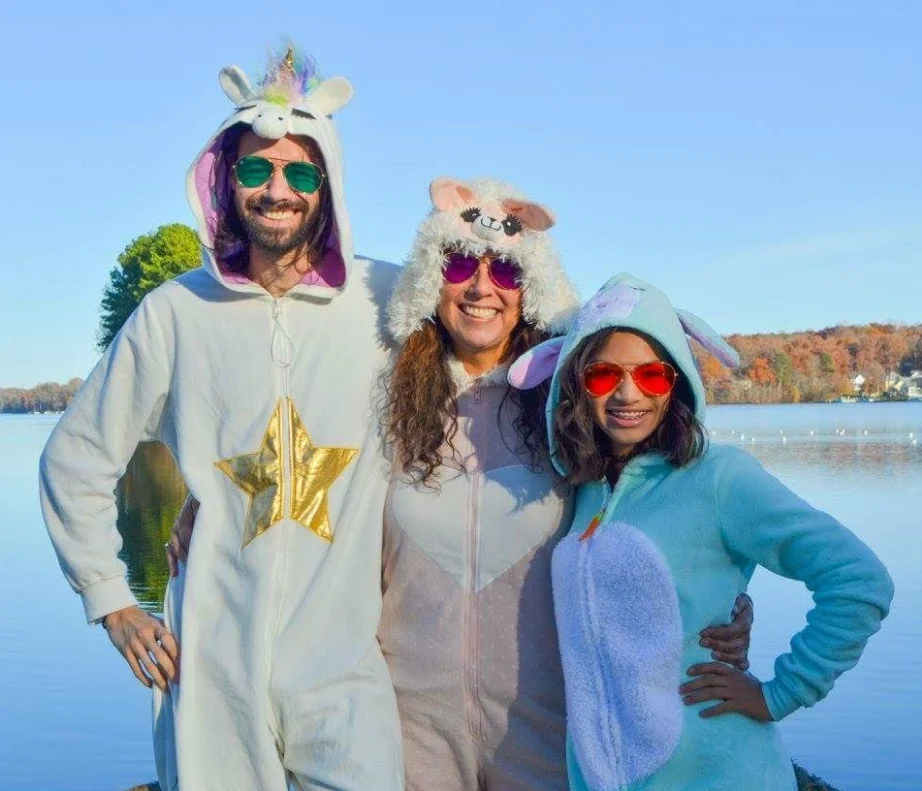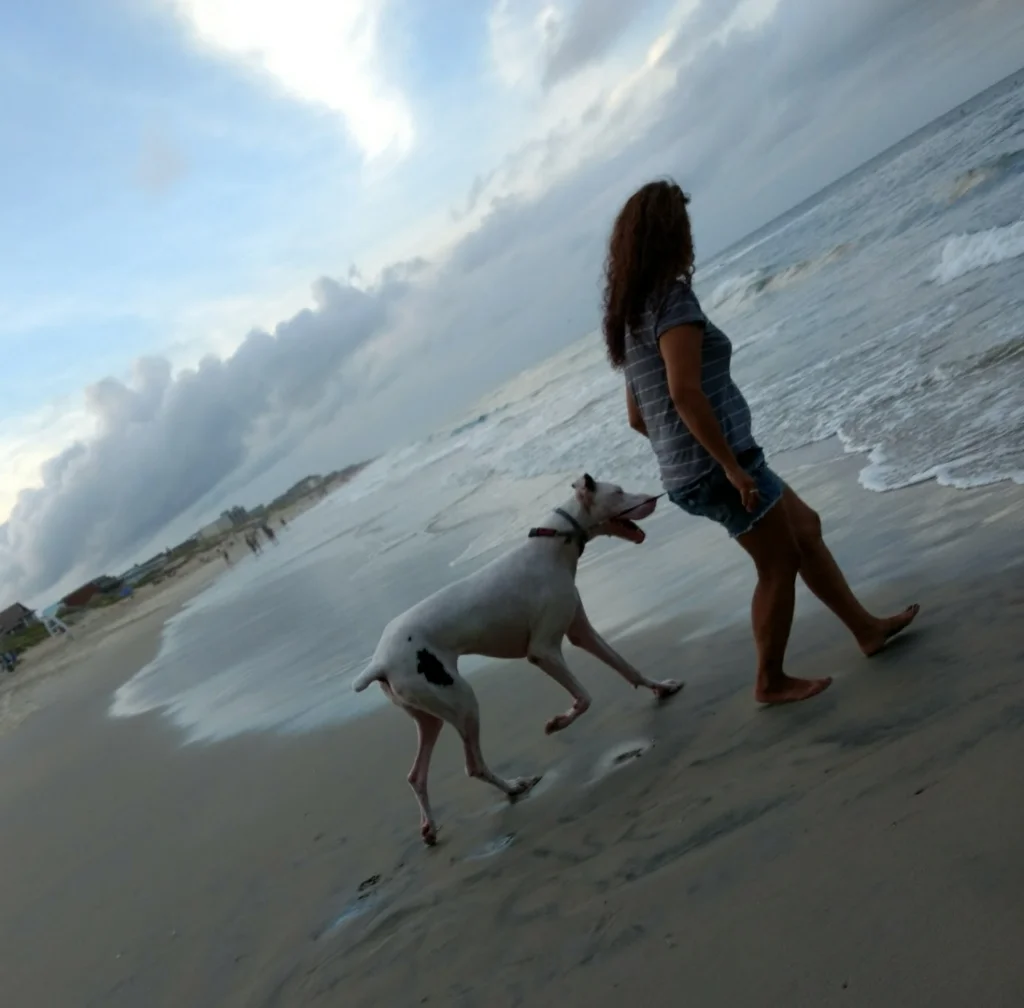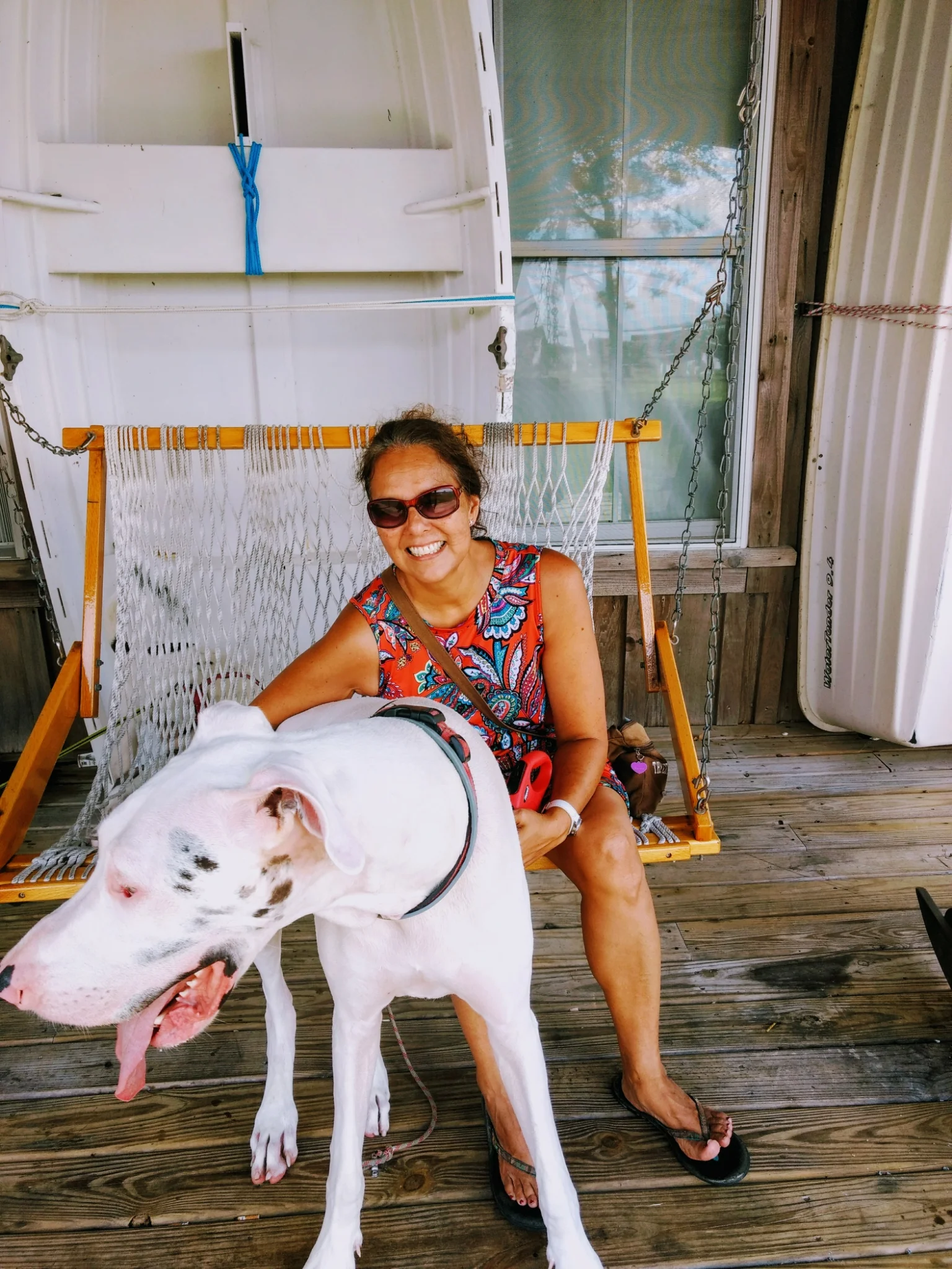Who is Sabrina Sklute?
Sabrina Sklute was born in Pennsylvania in 1959 and moved to Virginia after the 4th grade. Her mother was a Japanese immigrant and her father a white American. She has a pharmacy degree from the Medical College of Virginia, a school of Virginia Commonwealth University. She is a single mother who has raised her four children in the Richmond area. With a past husband who is black, one child biracial and one gay child, she identifies as a liberal atheist. She volunteers frequently with the Medical Reserves and Habitat for Humanity. She became involved with the Facing Whiteness project out of concern for the current lack of morals and increasing divisiveness of our nation. Around the same time as hearing of this project, she became active in the Liberal Women of Chesterfield County group, and is hoping to do something positive for future generations.
Excerpt from interview with Sabrina Sklute by Whitney Dow, 2017
Q: Well, tell me a little what it was like growing up with your father, because he sounds like, if he’s campaigning for George Wallace, what were his views on race?
Sklute: [16:54:09] See now, I never knew. We never talked about race. So, my father and my aunt, so it was his sister, their parents were Russian. And we had Jewish on our side, and Ukrainian, whatever. She used to foster kids, and one of them was black, and they eventually adopted him. I thought nothing of it, and I remember my grandmother saying she just had to find out how to do his hair, because she didn’t know [laughs] how to do stuff with his hair.
And my father, he never really made an opinion, but he’s a very workaholic. I mean, we shared time, we shared reading, and we played games, you know, we played chess together and stuff like that, but I never really knew what his racial—I never knew him to be—have any issues with race. Especially if he married my mother, that you know, I didn’t know. And at that time, I didn’t know who George Wallace was. I had no idea what his beliefs, and it’s kind of, you know, disheartening to find out as I grew older, it’s like, oh my gosh, my dad? And it boggles my mind. And I would have liked to know—he died in ‘97, so he died quite a long time ago. But he was very anti-government; he didn’t want the government to control him. And I think around then, the drug era, so he was very skeptical of anything that might—he talked about Alice in Wonderland. The little connotations that are drug-oriented, and how wrong that was, and stuff like that.
I never really talked to him about stuff like that, nor my mother, and just assumed, you know, he married a Japanese lady. But interestingly, I read an article a couple of months ago about military men that married Japanese people during that time and bring women back and then forcing them to be American, and I cried. It was very sad, and I tried to see my father in that kind of role that they were really saying these men were so controlling, and whatever. But my mom had, her name was Yoriko, and she had a nickname that was called Corky [phonetic]. But in the article, it said they gave all these Japanese women nicknames that were not—so they didn’t seem like they were Japanese. And one lady said her husband made her curl her hair, so she didn’t look Japanese. I don’t know, I guess I really didn’t know my father in that context at all. And he certainly didn’t—band who he played for, he played with, or whatever.
And we were not wealthy. We lived in a trailer park, and the first house they owned was when we moved to Petersburg, so I was in fourth grade. But he was a chemical engineer. Smart man, and I don’t know, would have been interesting to talk to him about some of this stuff.
Interview Transcript
Participant-Submitted Photos
